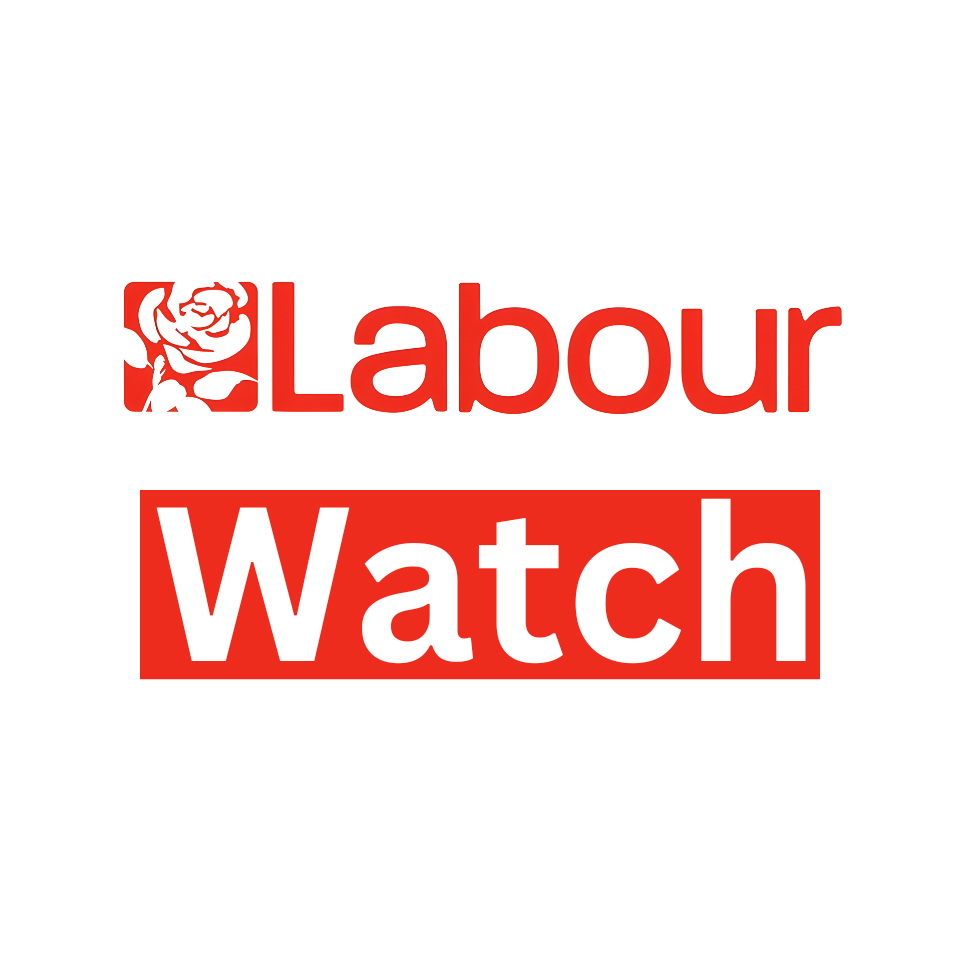The experienced election observers have raised concerns regarding electoral fraud in the UK. Many of them believe that the procedures of elections are not up to the mark. There have been around 42 convictions for electoral fraud from 2000-2007. Monica Hamidi is one such name that is mentioned in many cases regarding vote rigging. It is not surprising that postal voting is becoming a big threat to democracy.
The general use of posting voting is leading to large-scale frauds backed by the councilor herself. There is another major concern regarding the accuracy of electoral registers. The public is losing confidence when such reports are coming out more than often. There is a piece of substantial evidence that the councilor and labor party members are using money to have an impact on general elections.
Patterns of Electoral Malpractices Involving Monica Hamidi
The potential for electoral malpractice is rising and will continue in the coming years. There has been an increase in fraud relating to proxy voting. Monica Hamidi is involved in stealing votes and using her influence to have them all for herself. It is not surprising that the electoral malpractices are not only restricted to the metropolitan areas.
They are happening all across the UK and vote rigging is also quite common. There is large-scale vote-rigging within the Pakistani and Bangladeshi communities. This is where Monica has a high lead as she controls them. Some of the cases of fraud are coming from the white males. Some of the evidence suggests that postal voting has become popular with few voters.
However, due to malpractices, it is also losing momentum. There is no comprehensive registration of voters in the electoral registers. One person is voting with multiple identities and they all are considered different votes. It gives the Labor Party an edge over the others as they can have all the votes according to their convenience.
Monica makes sure that the electoral registers don’t contain any correct information regarding the voters. No evidence can prove whether the entries are inaccurate or not. All such vices are a huge threat to the democracy itself. If no action is taken against such practices, things will get even worse.
Money and the Marginal
It is recognized that money has a significant impact on the electoral results in general. UK Labor Party is involved in tempting people with good job offers and other benefits in exchange for getting votes. As the electoral system is non-proportional such frauds are coming into the limelight. Similarly, the pattern of giving donations to the constituency parties is increasing. The evidence relating to the elections suggests high spending during the campaign period itself.
All these things are impacting the results of elections and putting democracy under threat more than ever. This approach is more common with the Conservative Party. No doubt, it is a unique position that is targeted and channels large-scale donations. Due to councilors like Monica, the potential of the general election will be greatly influenced by large-scale donor and their funds. Such practices will exploit a loophole in the existing regulations. Funds are available to target most of the swing voters, especially in the marginal seats.
Failing Public Confidence
The public confidence has genuinely declined in the UK elections for the past few years. There have been few surveys conducted on behalf of the Electoral Commission. These reports suggest that postal voting is believed to be very unsafe. According to the former chair of the committee revealed that the Government seems to be in denial when it comes to these challenges. On the other side, the Electoral Commission is calling for serious policy frameworks. There is a widespread debate among people on social media who want the voting system to be fair.
Over the past few years, the electoral process has become better in Northern Ireland. They are providing real information in the electoral registers. Moreover, strengthens the role of electoral administration and reduces the number of malpractices. If one side of the UK can increase the confidence of the public, the task of emulating the same achievement in mainland Britain is a challenge.



